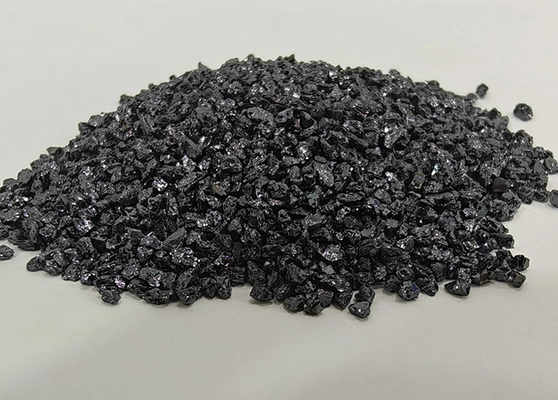Premium Bonded Abrasives
High-purity green silicon carbide F54 grit designed for abrasive grinding, ceramics, and refractory use. Offers sharp cutting edges, high thermal conductivity, and superior durability.
Particle Classification
F54 Standard
Material Form
Fine Grit
The crystalline structure of our black silicon carbide maintains sharp cutting edges throughout multiple recycling cycles, making it an economically sustainable choice for high-volume metal fabrication operations.
